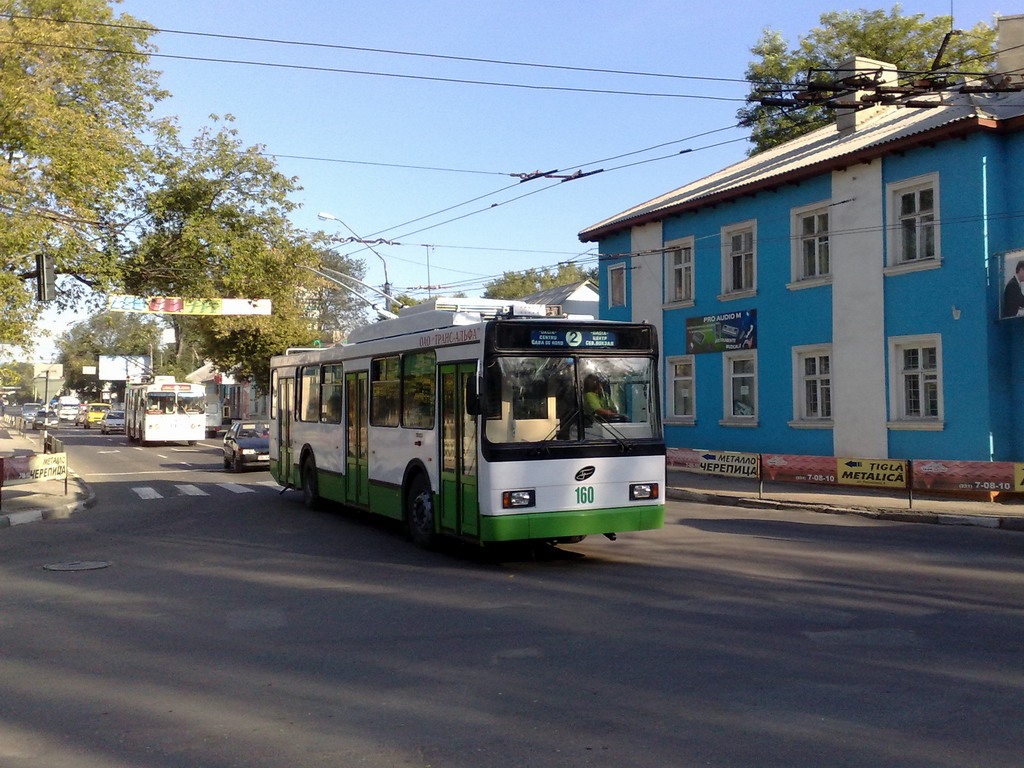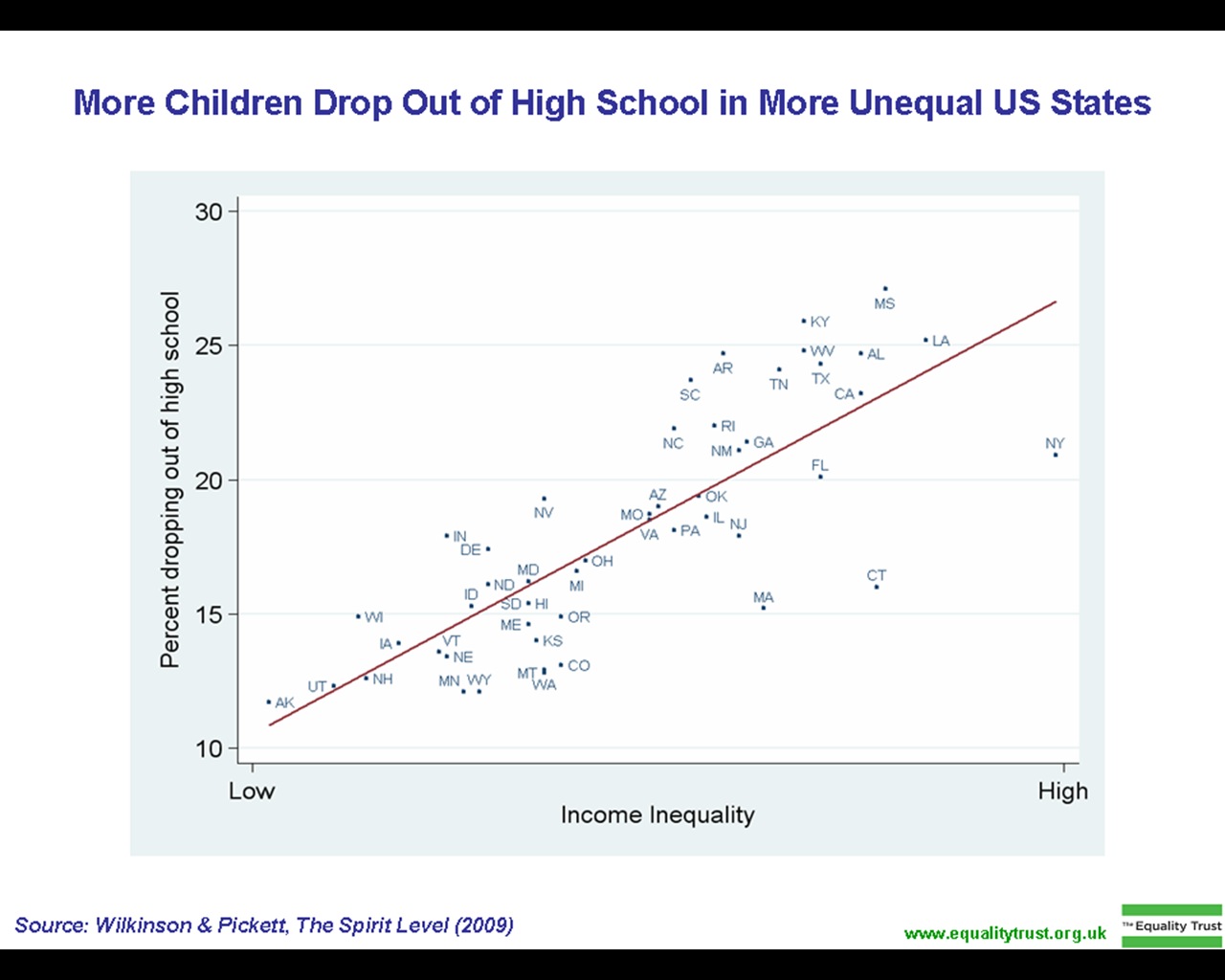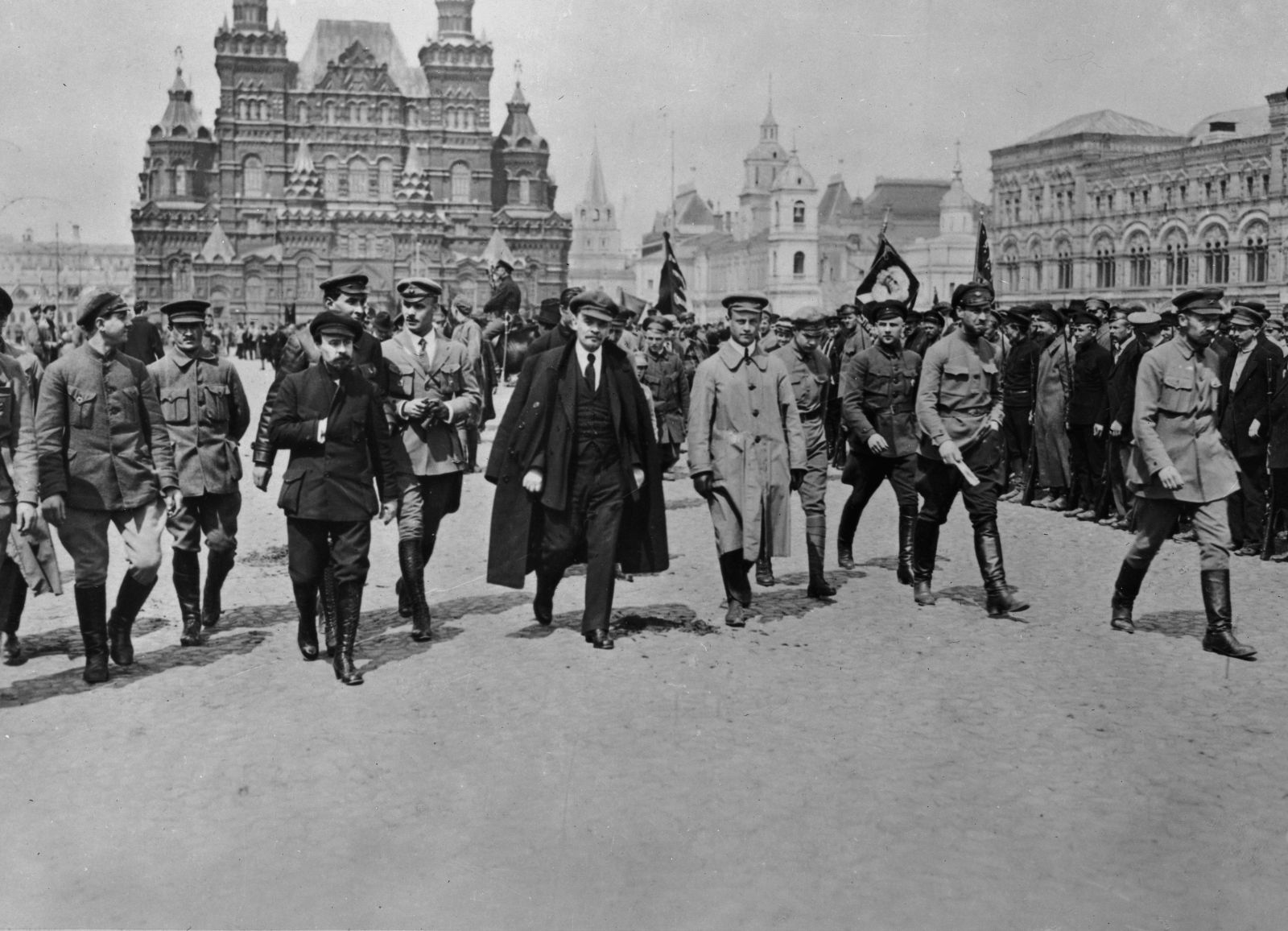|
Iosif Chișinevschi
Iosif Chișinevschi (born Jakob Roitman; 26 December 1905–1963) was a Romanian communist politician. The leading ideologue of the Romanian Communist Party (PCR) from 1944 to 1957, he served as head of its Agitprop Department from 1948 to 1952 and was in charge of propaganda and culture from 1952 to 1955. He has been described as "Moscow's right-hand man in Romania". Biography Early life Chișinevschi was born to a poor Jewish family in Bălți, in the Bessarabia Governorate of the Russian Empire (present-day Moldova). Largely self-taught and a high-school dropout, he joined the PCR in 1928. Arrested that year (since the PCR had been banned in 1924), he went to the Soviet Union upon his release in 1930. He attended the Comintern's International Lenin School (his only ideological training) and was a participant at the Vth PCR Congress, held in Gorikovo near Moscow in December 1931. The Comintern delegates to the congress, Béla Kun and Dmitry Manuilsky, sponsored his elec ... [...More Info...] [...Related Items...] OR: [Wikipedia] [Google] [Baidu] |
Bălți
Bălți () is a city in Moldova. It is the second-largest city in terms of population, area and economic importance, after Chișinău. The city holds the status of municipiu. Sometimes called "the northern capital", it is a major industrial, cultural and commercial centre and transportation hub in the north of the country. It is situated north of the capital Chișinău, and is located on the river Răut River, Răut, a tributary of the Dniester, on a hilly landscape in the Bălți Steppe, Bălți steppe. Name The word "''bălți''" (pl. of Romanian language, Romanian sing. "''baltă''") in direct translation means "puddle". It is believed that the city had been named thus because it was founded on a hill dominating the wetland formed where the creek Răuțel ("Little Răut") falls into the river Răut. In addition to the official name ''Bălți'' and the Russian name (), between 1940 and 1989 in Moldovan Cyrillic alphabet, and after 1989 in Russian, the name was/is also rende ... [...More Info...] [...Related Items...] OR: [Wikipedia] [Google] [Baidu] |
Dropping Out
Dropping out refers to leaving high school, college, university or another group for practical reasons, necessities, inability, apathy, or disillusionment with the system from which the individual in question leaves. Canada In Canada, most individuals graduate from grade 12 by the age of 18, according to Jason Gilmore who collects data on employment and education using the Labour Force Survey (LFS), the official survey used to collect unemployment data in Canada (2010). Using this tool, assessing educational attainment and school attendance can calculate a dropout rate (Gilmore, 2010). It was found by the LFS that by 2009, one in twelve 20- to 24-year-old adults did not have a high school diploma (Gilmore, 2010). The study also found that men still have higher dropout rates than women, and that students outside of major cities and in the northern territories also have a higher risk of dropping out. Although since 1990 dropout rates have gone down from 20% to a low of 9% in ... [...More Info...] [...Related Items...] OR: [Wikipedia] [Google] [Baidu] |
World War II
World War II or the Second World War (1 September 1939 – 2 September 1945) was a World war, global conflict between two coalitions: the Allies of World War II, Allies and the Axis powers. World War II by country, Nearly all of the world's countries participated, with many nations mobilising all resources in pursuit of total war. Tanks in World War II, Tanks and Air warfare of World War II, aircraft played major roles, enabling the strategic bombing of cities and delivery of the Atomic bombings of Hiroshima and Nagasaki, first and only nuclear weapons ever used in war. World War II is the List of wars by death toll, deadliest conflict in history, causing World War II casualties, the death of 70 to 85 million people, more than half of whom were civilians. Millions died in genocides, including the Holocaust, and by massacres, starvation, and disease. After the Allied victory, Allied-occupied Germany, Germany, Allied-occupied Austria, Austria, Occupation of Japan, Japan, a ... [...More Info...] [...Related Items...] OR: [Wikipedia] [Google] [Baidu] |
Communist Party Of The Soviet Union
The Communist Party of the Soviet Union (CPSU),. Abbreviated in Russian as КПСС, ''KPSS''. at some points known as the Russian Communist Party (RCP), All-Union Communist Party and Bolshevik Party, and sometimes referred to as the Soviet Communist Party (SCP), was the founding and ruling political party of the Soviet Union. The CPSU was the One-party state, sole governing party of the Soviet Union until 1990 when the Congress of People's Deputies of the Soviet Union, Congress of People's Deputies modified Article 6 of the Soviet Constitution, Article 6 of the 1977 Soviet Constitution, which had previously granted the CPSU a monopoly over the political system. The party's main ideology was Marxism–Leninism. The party was outlawed under Russian President Boris Yeltsin's decree on 6 November 1991, citing the 1991 Soviet coup attempt as a reason. The party started in 1898 as part of the Russian Social Democratic Labour Party. In 1903, that party split into a Menshevik ("mino ... [...More Info...] [...Related Items...] OR: [Wikipedia] [Google] [Baidu] |
Joseph Stalin
Joseph Vissarionovich Stalin (born Dzhugashvili; 5 March 1953) was a Soviet politician and revolutionary who led the Soviet Union from 1924 until Death and state funeral of Joseph Stalin, his death in 1953. He held power as General Secretary of the Communist Party of the Soviet Union, General Secretary of the Communist Party from 1922 to 1952 and as the fourth Premier of the Soviet Union, premier from 1941 until his death. He initially governed as part of a Collective leadership in the Soviet Union, collective leadership, but Joseph Stalin's rise to power, consolidated power to become an absolute dictator by the 1930s. Stalin codified the party's official interpretation of Marxism as Marxism–Leninism, while the totalitarian political system he created is known as Stalinism. Born into a poor Georgian family in Gori, Georgia, Gori, Russian Empire, Stalin attended the Tiflis Theological Seminary before joining the Marxist Russian Social Democratic Labour Party. He raised f ... [...More Info...] [...Related Items...] OR: [Wikipedia] [Google] [Baidu] |
Marxism
Marxism is a political philosophy and method of socioeconomic analysis. It uses a dialectical and materialist interpretation of historical development, better known as historical materialism, to analyse class relations, social conflict, and social transformation. Marxism originates from the works of 19th-century German philosophers Karl Marx and Friedrich Engels. Marxism has developed over time into various branches and schools of thought, and as a result, there is no single, definitive " Marxist theory". Marxism has had a profound effect in shaping the modern world, with various left-wing and far-left political movements taking inspiration from it in varying local contexts. In addition to the various schools of thought, which emphasize or modify elements of classical Marxism, several Marxian concepts have been incorporated into an array of social theories. This has led to widely varying conclusions. Alongside Marx's critique of political economy, the defining cha ... [...More Info...] [...Related Items...] OR: [Wikipedia] [Google] [Baidu] |
Stalinism
Stalinism (, ) is the Totalitarianism, totalitarian means of governing and Marxism–Leninism, Marxist–Leninist policies implemented in the Soviet Union (USSR) from History of the Soviet Union (1927–1953), 1927 to 1953 by dictator Joseph Stalin and in Satellite state#Post-World War II, Soviet satellite states between 1944 and 1953. Stalinism included the creation of a Rule of man, one man totalitarian police state, rapid Industrialization in the Soviet Union, industrialization, the theory of socialism in one country, forced Collective farming, collectivization of agriculture, intensification of the class struggle under socialism, intensification of class conflict, a Joseph Stalin's cult of personality, cult of personality, and subordination of the interests of foreign Communist party, communist parties to those of the Communist Party of the Soviet Union, which Stalinism deemed the leading Vanguardism, vanguard party of communist revolution at the time. After Stalin's dea ... [...More Info...] [...Related Items...] OR: [Wikipedia] [Google] [Baidu] |
Bolshevism
Bolshevism (derived from Bolshevik) is a revolutionary socialist current of Soviet Leninist and later Marxist–Leninist political thought and political regime associated with the formation of a rigidly centralized, cohesive and disciplined party of social revolution, focused on overthrowing the existing capitalist state system, seizing power and establishing the " dictatorship of the proletariat". Alexander TarasovThe Sacred Function of the Revolutionary Subject/ref> Bolshevism originated at the beginning of the 20th century in Russia and was associated with the activities of the Bolshevik faction within the Russian Social Democratic Labour Party led by Vladimir Lenin, Bolshevism's main theorist. Other theoreticians included Joseph Stalin, Leon Trotsky, Nikolai Bukharin and Yevgeni Preobrazhensky. While Bolshevism was based on Marxist philosophy, it also absorbed elements of the ideology and practice of the socialist revolutionaries of the second half of the 19th century ( ... [...More Info...] [...Related Items...] OR: [Wikipedia] [Google] [Baidu] |
Resistance Movement
A resistance movement is an organized group of people that tries to resist or try to overthrow a government or an occupying power, causing disruption and unrest in civil order and stability. Such a movement may seek to achieve its goals through either the use of violent or nonviolent resistance (sometimes called civil resistance), or the use of force, whether armed or unarmed. In many cases, as for example in the United States during the American Revolution, or in Norwegian resistance movement, Norway in the Second World War, a resistance movement may employ both violent and non-violent methods, usually operating under different organizations and acting in different phases or geographical areas within a country. Etymology The Oxford English Dictionary records use of the word "resistance" in the sense of organised opposition to an invader from 1862. The modern usage of the term "Resistance" became widespread from the self-designation of many movements during World War II, especially ... [...More Info...] [...Related Items...] OR: [Wikipedia] [Google] [Baidu] |
Dmitry Manuilsky
Dmitriy Zakharovich Manuilsky or Dmytro Zakharovych Manuilsky (; ; 3 October 1883 – 22 February 1959) was an important Bolshevik revolutionary, Soviet politician and academic who was Secretary of the Executive Committee of Comintern, the Communist International, from December 1926 to its dissolution in May 1943. Early life and career Manuilsky was born to a peasant family of an Orthodox priest in the village of . After secondary school, he enrolled at the University of St. Petersburg in 1903, and joined the Bolshevik faction of the Russian Social Democratic Labour Party in 1904. During the 1905 revolution he was assigned by the Bolsheviks to the naval base in Kronstadt where he took part in the naval revolt in July. Arrested, he was held in Kronstadt prison in 1905–06, then exiled, but escaped, arriving in Kiev and then, in 1907, to Paris. There he aligned with the ultra-left group led by Alexander Bogdanov, who challenged Lenin for the leadership of the Bolsheviks, ... [...More Info...] [...Related Items...] OR: [Wikipedia] [Google] [Baidu] |
Béla Kun
Béla Kun (, born Béla Kohn; 20 February 1886 – 29 August 1938) was a Hungarian communist revolutionary and politician who in 1919 governed the Hungarian Soviet Republic. After attending Franz Joseph University at Kolozsvár (today Cluj-Napoca, Romania), Kun had worked as a journalist until World War I. He served in the Austro-Hungarian Army, was captured by the Imperial Russian Army in 1916, and was sent to a prisoner-of-war camp in the Ural Mountains. In Russia Kun embraced communist ideas, and in 1918 in Moscow he co-founded a Hungarian arm of the Russian Communist Party. He befriended Vladimir Lenin and fought for the Bolsheviks in the Russian Civil War. In November 1918 Kun returned to Hungary with Soviet support and set up the Party of Communists in Hungary. Adopting Lenin's tactics, he agitated against the government of Mihály Károlyi and achieved great popularity despite being imprisoned. After his release in March 1919, Kun led a successful coup d'état, fo ... [...More Info...] [...Related Items...] OR: [Wikipedia] [Google] [Baidu] |










